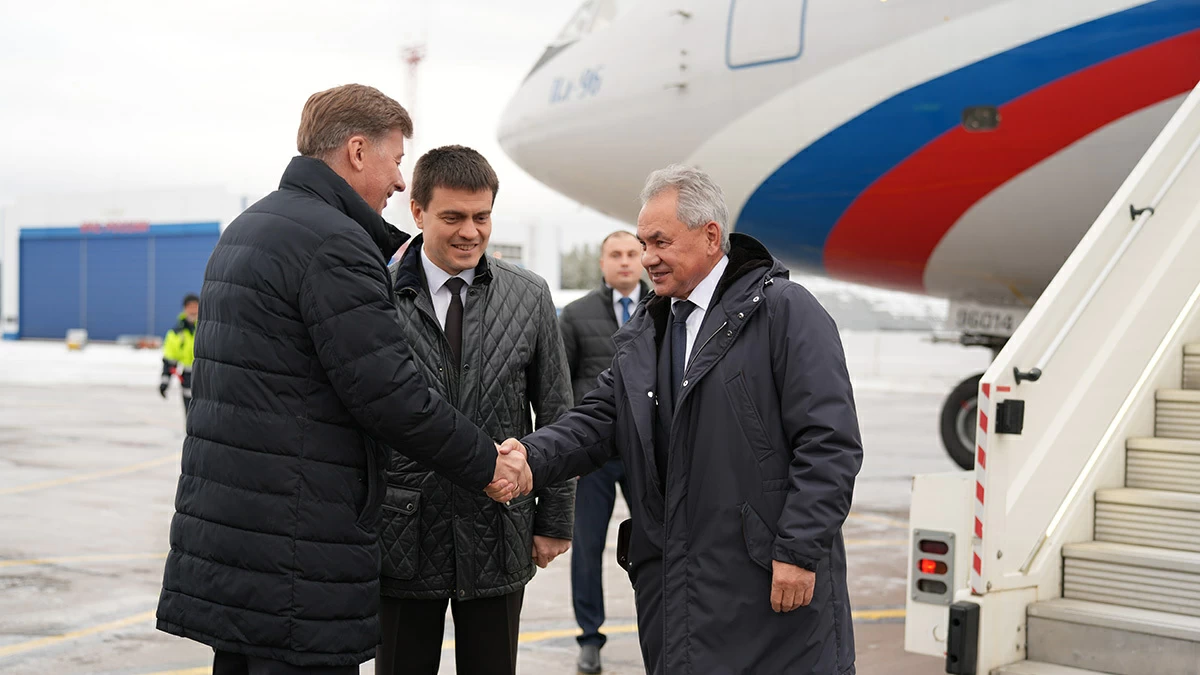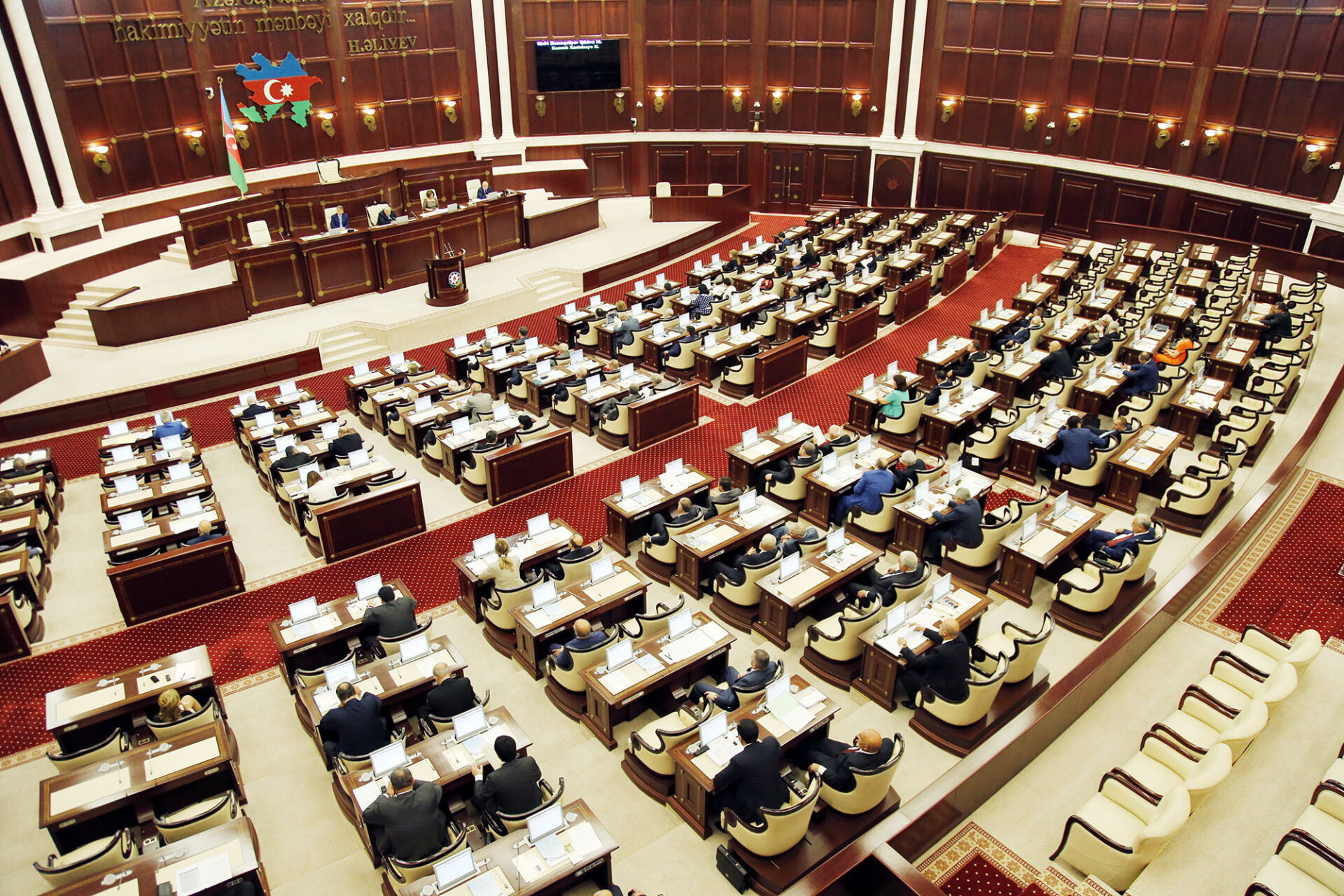Rebels Call on Caucasus Not to Support Russia in its War with Georgia
Rebels Call on Caucasus Not to Support Russia in its War with Georgia
The Russian-Georgian conflict over control of the Georgian breakaway regions of Abkhazia and South Ossetia has become an international crisis. The United States, the European Union, Ukraine, Armenia, Azerbaijan and Turkey are now involved in the conflict in various ways, in addition to Russia and Georgia. Other forces in the conflict are the pro-Kremlin separatist regimes in Abkhazia and South Ossetia and the governments of the North Caucasian republics inside Russia. There is also another actor in the conflict, one that is hidden in the shadows: the North Caucasian insurgency.
On August 9, the day after Georgian forces attacked Tskhinvali, the South Ossetian capital, the North Caucasian rebels’ main ideologist, Movladi Udugov, declared that the militants had been monitoring the movements of the Russian forces in areas around Georgia. To confirm his declaration, Udugov cited two Russian armored motorcades that had moved from Chechnya to North Ossetia, and then to the Roksky pass located on the South Ossetian side of the Russian-Georgian border, the day before his statement. This information was confirmed by the Ingushetiya.ru website, which reported on August 8 that a huge column of Russian tanks and armored personnel carriers was moving from Chechnya to North Ossetia via Ingushetia (Ingushetiya.ru, August 8).
Udugov added that the rebels’ intelligence apparatus had warned him that Russia planned to attack Georgia in August. The rebel envoy claimed once again that the rebels are active in all the mountain areas of the North Caucasus, from the Caspian Sea to the Black Sea.
Udugov stated: “So far, neither Tbilisi nor Washington have turned to us with any requests or proposals.” He also described Russian media reports about volunteers from the North Caucasus fighting on Russia’s side against Georgia as “propaganda” and called the Caucasian squads fighting in South Ossetia “puppet formations” of the North Caucasian republics’ “pro-Moscow regimes.”
It is interesting to see how the rebel Kavkaz-Center website has been covering the Russian-Georgian war. Usually very anti-Russian, the website has focused more on Georgian failures and Russian successes, particularly during the first two days of the war. Given Udugov’s declaration, it looks as if the Caucasian separatists were hoping for a situation in which the Georgian government would have to appeal to them for military help. Were that to happen, the insurgency in the North Caucasus would have a chance to be recognized as a political force and not simply a gang of Islamic terrorists.
The Kremlin also fears that the rebels in the North Caucasus could try to stab the Russian army in the back. Simultaneously with the invasion of the Russian troops into South Ossetia, the latter’s borders with other Caucasian republics—Kabardino-Balkaria, Ingushetia and Chechnya—were closed. On August 11, Federal Security Service (FSB) Director Aleksandr Bortnikov ordered the FSB, the Border Guard Service and the National Anti-Terrorism Committee to take measures to tighten border security in Russia’s Southern Federal District. During a meeting with President Dmitry Medvedev, Bortnikov described the situation in the North Caucasus as “difficult, but under control.” That same day, the FSB chief declared that according to intelligence reports a group of “foreign mercenaries” had made its way into Dagestan (Regnum, August 11).
On August 11, the Russian military forces in Ingushetia started to set up fortified checkpoints at the entrances to Ingush settlements such as Troitskaya, Plievo and Karabulak. Russian military and police garrisons are located in Troitskaya and Karabulak, while Plievo is a village on the road to Nazran, the largest city in Ingushetia, which is full of military and administrative facilities (Ingushetiya.ru, August 11).
It seems logical that the insurgents would use the fact that the best-trained Russian forces were focused on Georgia to conduct a large-scale raid on a city in the North Caucasus. That feeling is only reinforced by the suspicious calm in the region, including Ingushetia. However, on August 13, the Kavkaz-Center website posted a video statement by the two top rebel leaders, Dokka Umarov and Supyan Abdulaev, concerning the war between Russia and Georgia. Umarov and Abdulaev offered no direct support for Georgia’s actions in South Ossetia, but simply called for peace between Georgia, on one side, and Abkhazia and South Ossetia, on the other. The main point of the declaration was that all Caucasian nations should unite against Russia.
“Russia has been firing up hostility between Georgia, Abkhazia and South Ossetia for the last several years,” said the two rebel leaders, who also strongly criticized the separatist leaders of Abkhazia and South Ossetia, calling them “the Kremlin’s slaves.” At the same time, they said that there is no winner in a war between Caucasian nations—a message that could be addressed both to the Georgians and the Ossetians. The rebel leaders said that that all Caucasians have a common mentality and culture, while Russia hates them all and the Kremlin foments hatred of Caucasians among Russians. “The Russian leadership also acts like fascist thugs that kill Caucasians on the streets of Russian cities,” the declaration continued. Doka Umarov called on all Caucasians not to help Russia fight Georgia and not to join volunteer squads to go to South Ossetia.
“We should concentrate on driving the Russian colonialists who killed us for centuries out of the Caucasus,” the two rebel leaders stated. “Only then will real peace be restored in the Caucasus.”
Thus the leaders of the insurgency in the North Caucasus have not unequivocally taken the side of Georgia rebels, but instead are trying to act as peacemakers or mediators and unite the Caucasus on an anti-Russian basis.


